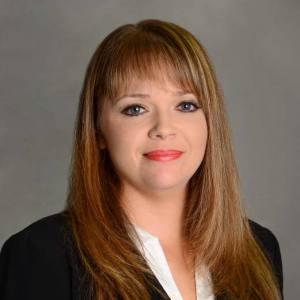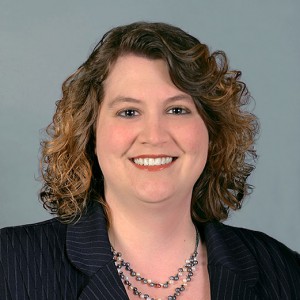One of our core beliefs is that everyone should have access to a financial advisor who meets them where they are. Anyone who has visited our website and viewed our two investment approaches will see how there is an appropriate strategy for them, regardless of their current assets and liabilities. These two approaches encapsulate our range of services because the first one—the Core Satellite Portfolio—has a minimum investment of $500,000. This is a significant amount of money, but that is no reason to be deterred from investing. The Model ETF Portfolio shows how different strategies can be applied to meet people’s current financial position. Those living primarily on a fixed income and with relatively low equity can still benefit from a low-risk, low-reward investment model. On the opposite side, there are higher-risk, higher-return strategies.
Three factors play into where you land on this spectrum:
- Tactical asset allocation
- Strategic asset allocation
- Dynamic asset allocation
These terms can be applied to households and discussed in a business context. Tactical assets are used primarily for day-to-day activities. Strategic assets are used for long-term planning. Dynamic assets can be used on demand for sudden needs or opportunities. For most people, tactical assets could be groceries, strategic assets can be your physical home, and your dynamic assets can be used to add an addition to your home as your family grows. Depending on the home or business, these terms will be applied differently, but that is the general concept.
How ETFs Factor In
Though our two investment approaches differ, ETFs are common to both. These are a type of investment that is traded on stock exchanges. They are similar to individual stocks and mutual funds but also have key differences. Like a mutual fund, they track a specific index such as the S&P 500 or NASDAQ. However, it is extremely important to highlight that an ETF can be traded like an individual stock on an exchange, which is something you cannot do with a mutual fund.
That is also why people may pursue an EFT over a mutual fund. Because EFTs can be traded, this gives them an additional layer of flexibility and is considered more of a liquid investment option when compared to a traditional mutual fund. Additionally, having lower expense ratios than mutual funds makes them a desirable investment option for various people with varying assets and liabilities.
Choose to Work Alongside a Financial AdvisorSome people may choose a mutual fund because it is relatively hands-off. You can put money into a basic mutual fund, which can be an excellent vehicle for long-term growth. However, due to how they are traded in real-time, you can work with an investor who can take advantage of opportunities and adjust their portfolios as required. Still, they are relatively easy to use, have low costs, and are liquid assets. If you have additional questions about our investment strategies or ETFs, contact Worth Advisors, LLC, to discuss the right path for you.














